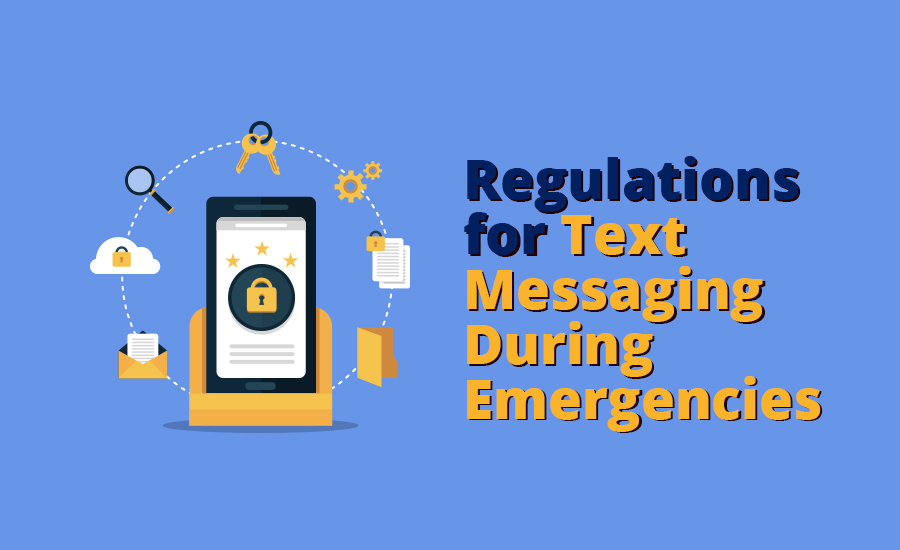
All it takes is 2 easy steps
If you're a winner, we will send you $100 Amazon gift card at Dreamforce!


We all know that text messaging compliance is a big deal. If not followed correctly you can face fines, lawsuits, angry customers, and loss of revenue. That said, in emergencies, those regulations have exceptions. During emergencies, such as the global pandemic we are currently experiencing, you can actually text people who have opted-out, something that would normally result in huge consequences.
The reason for this flex in regulations during emergencies is the need to communicate critical information. For example, a university may need to text all students on campus about an emergency, even if they’ve opted out of other text messages. Companies may need to let customers know about changes in services, and clinics will need to inform patients about visits and office changes.
Here’s what you need to know about different regulations across the globe during times of emergency:
The TCPA governs compliance guidelines around text messaging in the United States. The guidelines focus heavily on controlling SPAM communications in phone, email and text messaging. TCPA requires companies to obtain prior express consent before making automated calls or text messages to wireless numbers. But, in times of emergency, there are exceptions.
The General Data Protection Regulation (GDPR) is a mandatory compliance law that all individuals and businesses operating within the European Union (EU) and European Economic Area (EEA) must follow. It came into effect on May 25th, 2018, and covers all forms of communications, including telephone, email and text messaging. Here’s what we know about GDPR during times of crisis:
Messages that are sent within, to, or from Canada fall within Canada’s Anti-Spam Law’s (CASL) purview. CASL requires that Canadian and all other global organizations obtain consent from their recipients before sending promotional Commercial Electronic Messages. CASL has several exceptions, and here’s what we know about emergencies:
Australia has a Spam Act that makes it illegal to send “unsolicited commercial electronic messages.” But Australia has much more relaxed policies around compliance than most of the world.
Understanding compliance and making sure you are within regulations is critical. But communicating with customers during times of emergency and pandemic are also important. Most compliance laws allow for exceptions during emergencies that will allow you to text customers, students, and clients even if they have opted-out of text messages. Don’t take advantage of this exception. Make sure you are communicating clearly and effectively and only providing the most important information required. Your audience will understand and appreciate the information and you’ll be able to pivot as things change during abnormal times.
If you would like more information on regulations and compliance laws, check out our Compliance Kit, a free resource with everything you need to know about compliance!
Stay updated on business text messaging
Text MAGIC for Demo to
USA: 36343
AUS: (61)409564682
UK & ROW: +44 7860017509
Email: care@sms-magic.com